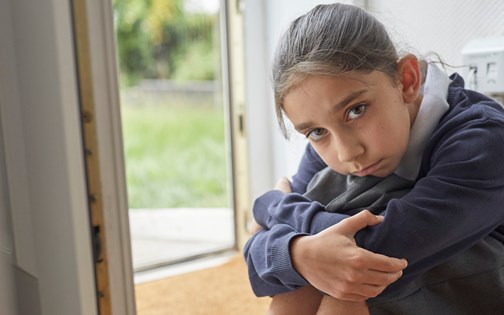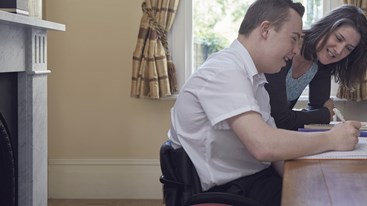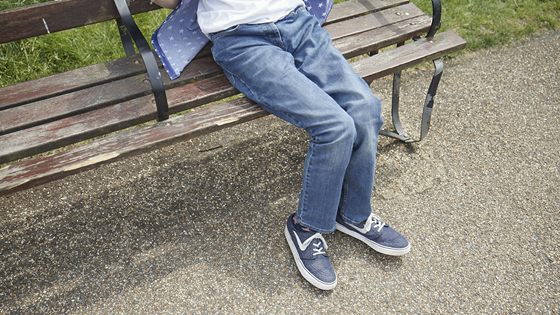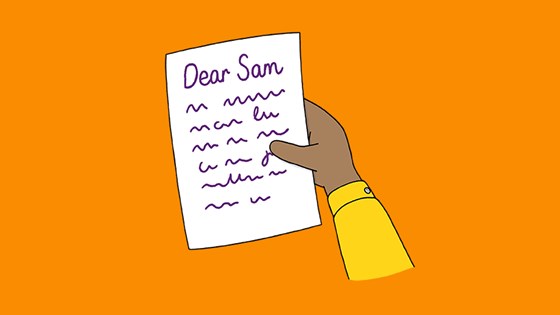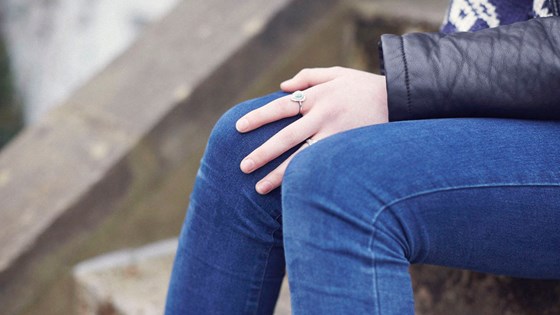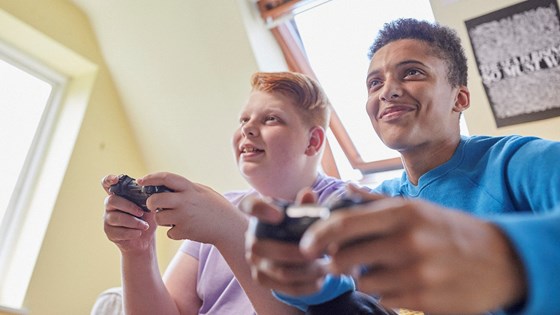What is sexual harassment?
Sexual harassment is unwanted behaviour of a sexual nature which, whether intended or not:
- Violates your dignity
- Creates an offensive environment
You don’t have to have previously objected to the behaviour for it to be unwanted.
It's not your fault
None of this is your fault, you deserve to be treated with dignity and respect. You don’t deserve to be made to feel uncomfortable by anyone’s unwanted sexual behaviour. They may make you feel guilty and blame you for their behaviour, but you are not responsible for them or their behaviour.
Some of you may not want your parents to find out, but your parents should support you as you haven’t done anything wrong. You may feel like what happened goes against your culture as someone was sexual with you before marriage, but that wasn’t your fault.
You could be feeling guilty because you felt you had to go along with what happened for example by sending nude images of yourself. Unfortunately some people can manipulate other people in to doing things like this. Some people could also be using these images to blackmail you. We have a report remove service you can use to remove nude images of yourself that have been shared online.
Sexual harassment can be really upsetting and it can really help to talk about the way you are feeling. Our counsellors are always here to support you.


